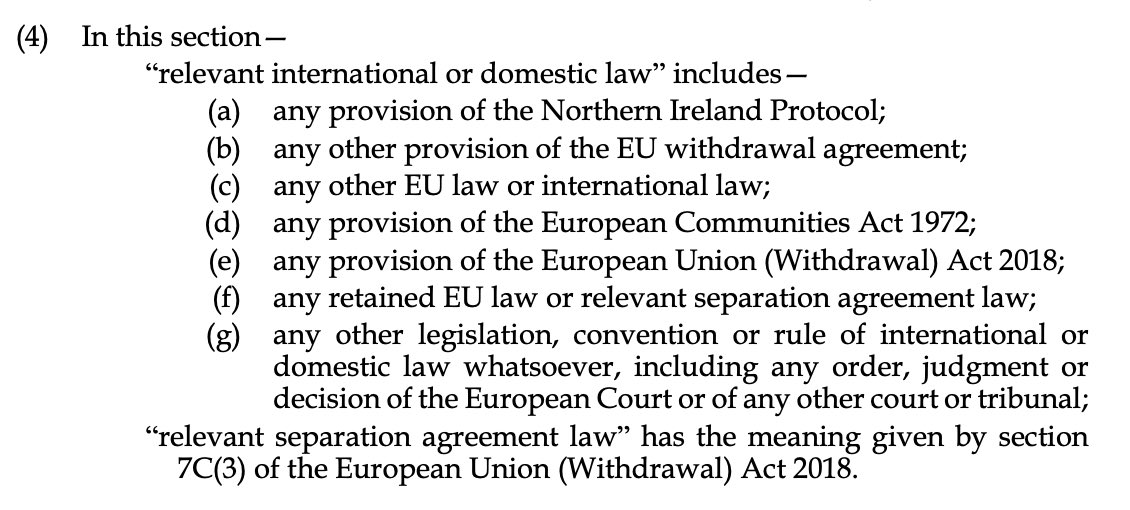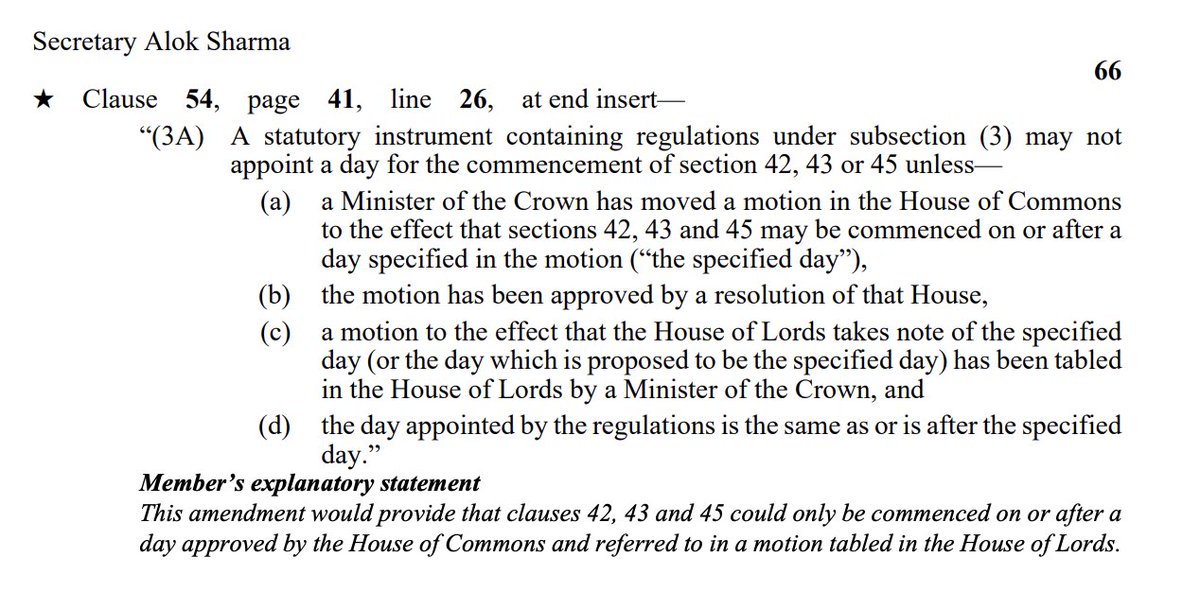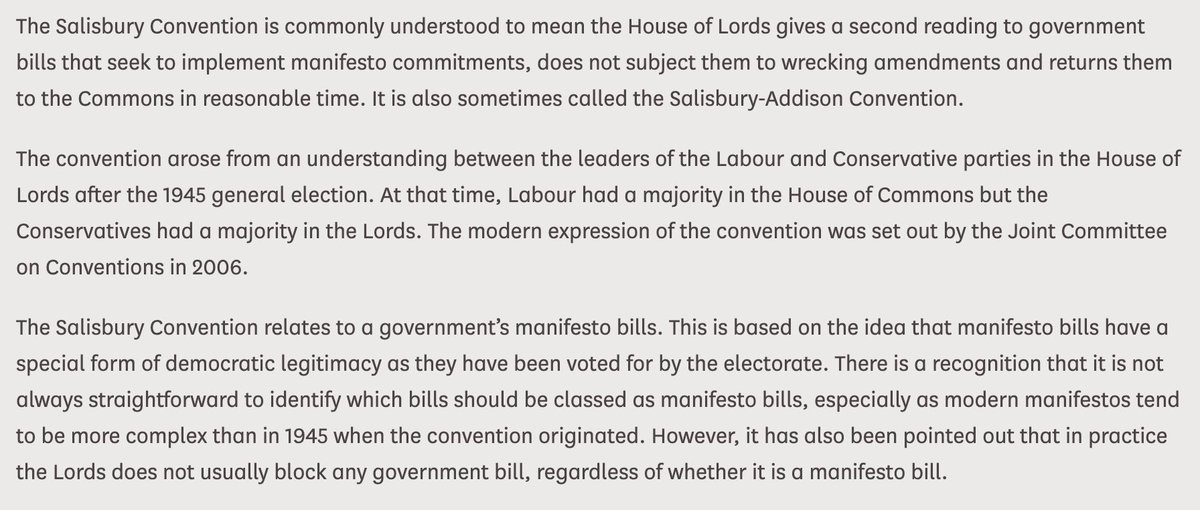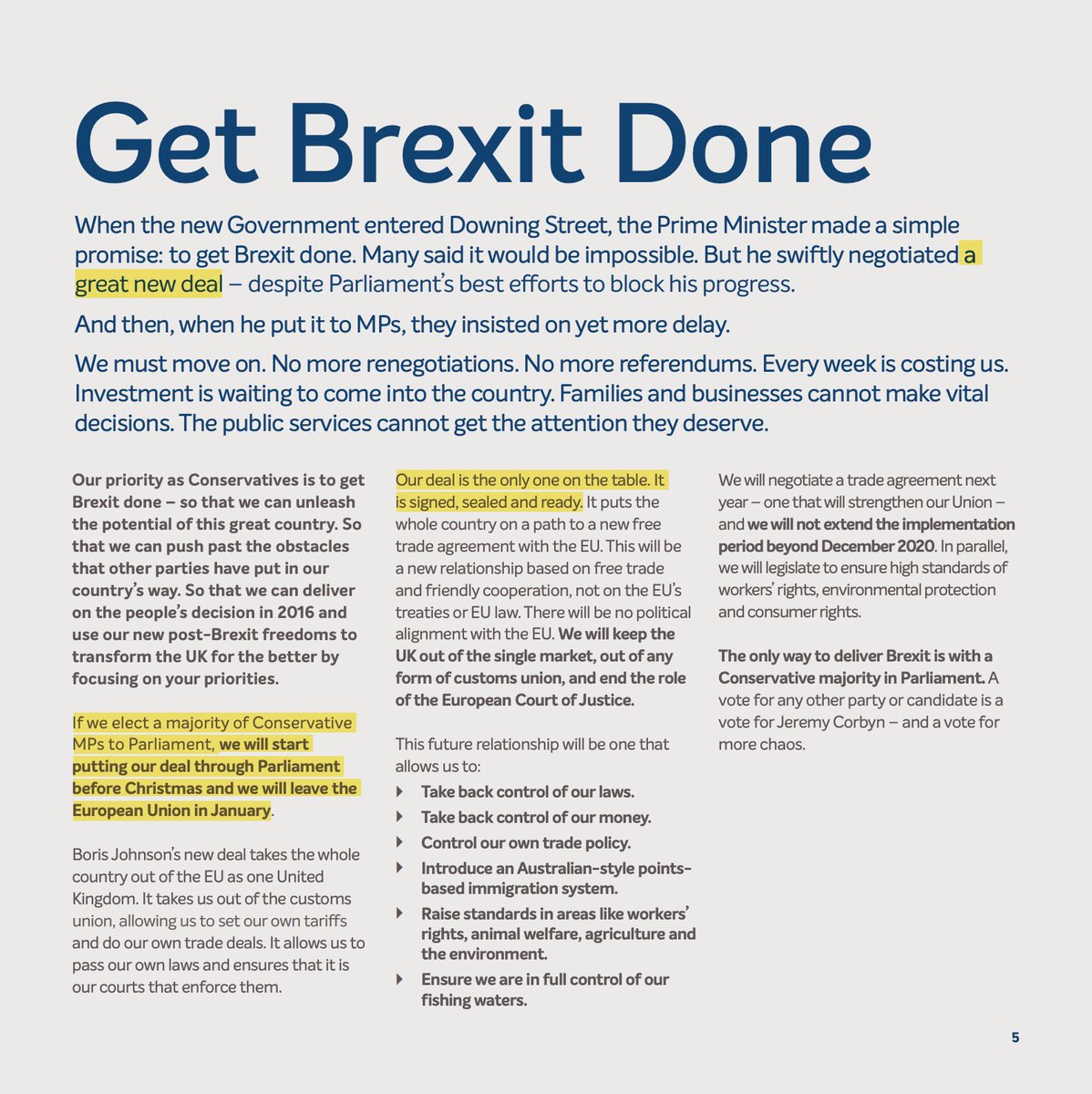
This, from the so called ERG star chamber, exhibits impressive levels of cognitive dissonance. /1 lawyersforbritain.org/wp-content/upl… 

Their position appears to be that EU membership was incompatible with UK sovereignty (it wasn’t) but that the future relationship agreement is fine because the UK can is bound either to amend domestic law or accept tariffs in relevant circumstances. /2
Their fundamental error is to assume that sovereignty is a binary concept that is either possessed or not. In reality it is a resource that each State can deploy as it chooses, balancing the cost of limiting freedom of action against the benefits that accrue from doing so. /3
That simplistic and wrongheaded view has bedevilled discourse in the UK about the EU for decades - and seems likely to continue to distort discourse, which will be ongoing for some considerable time, about the UK’s new relationship with the EU. /ends
• • •
Missing some Tweet in this thread? You can try to
force a refresh









